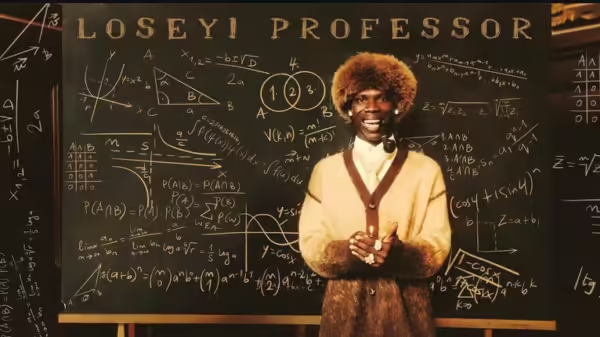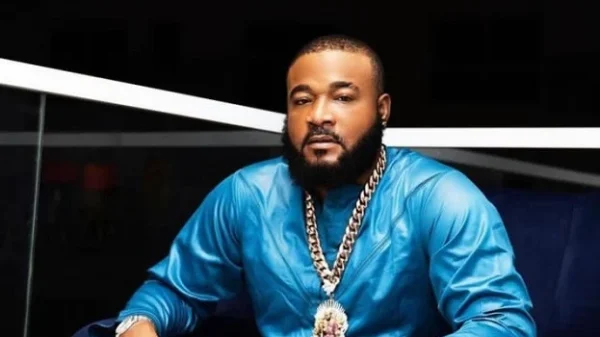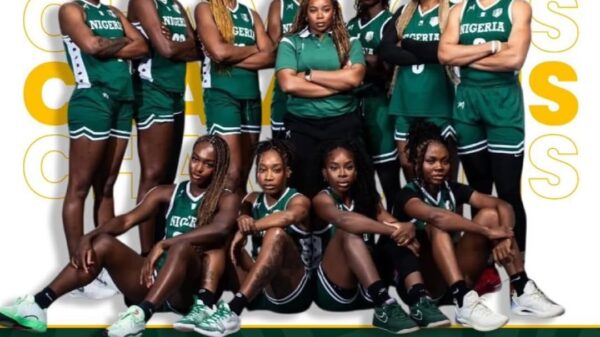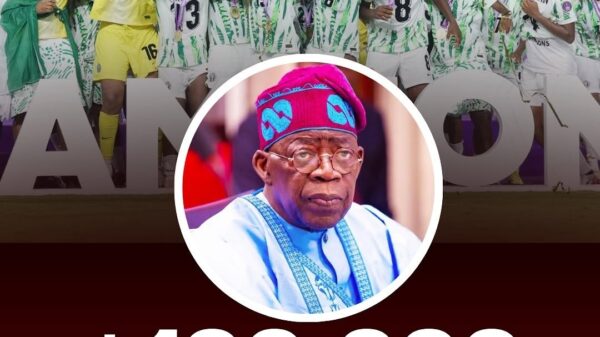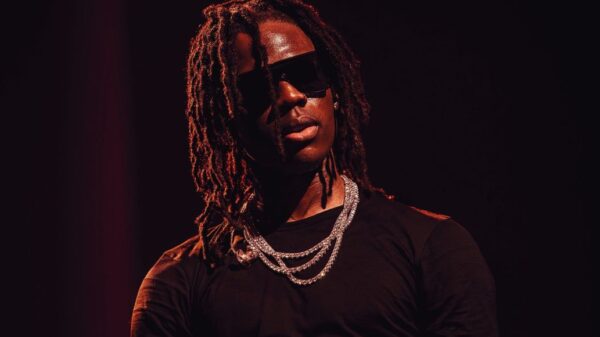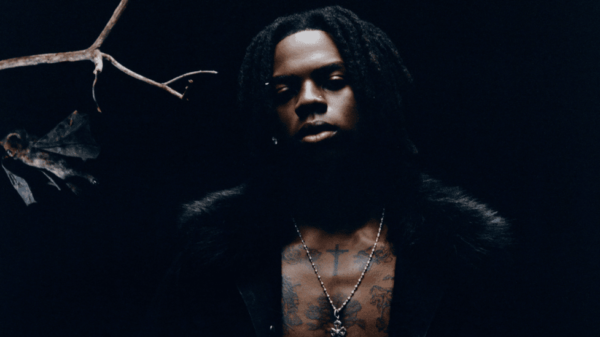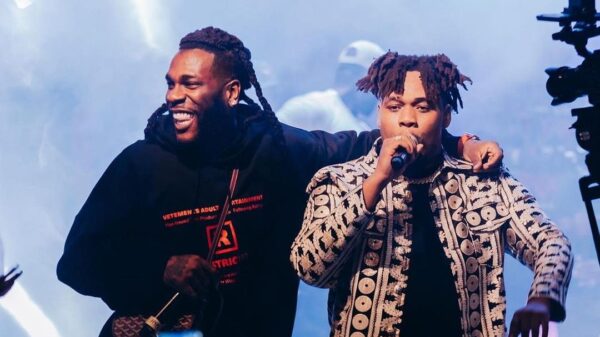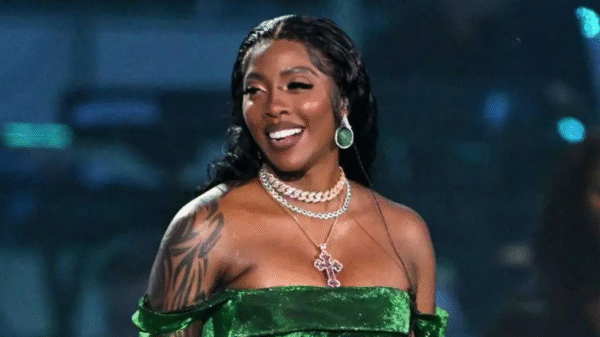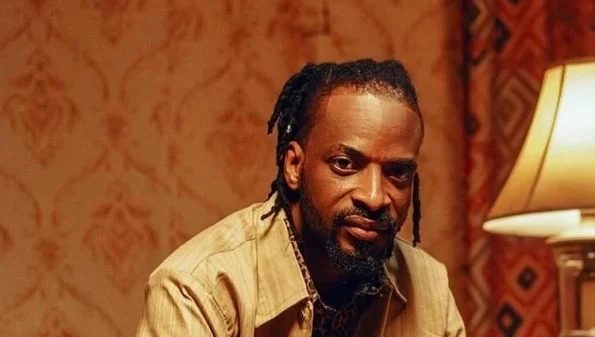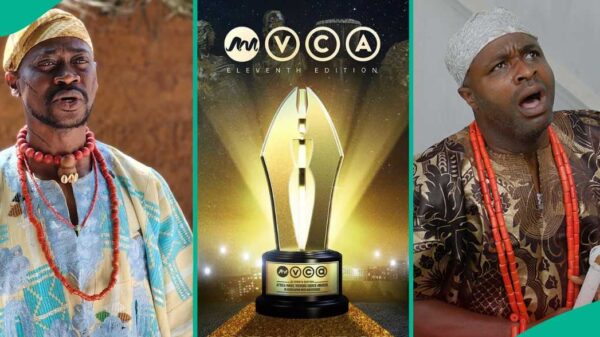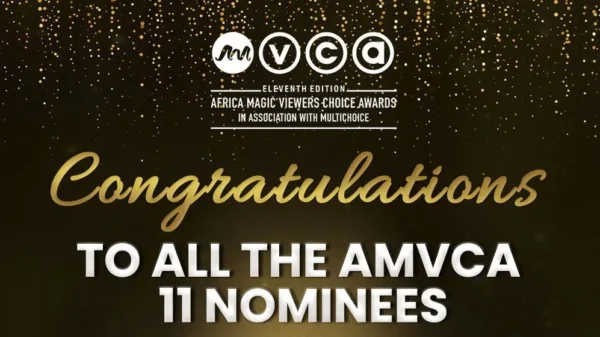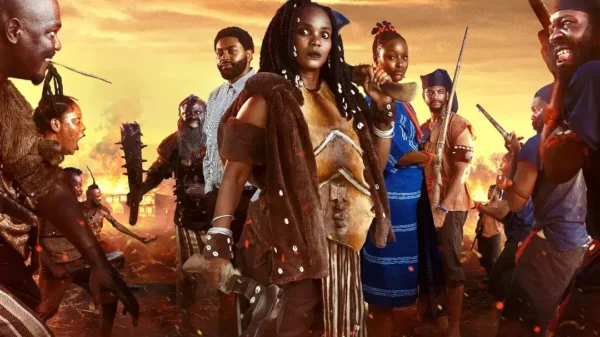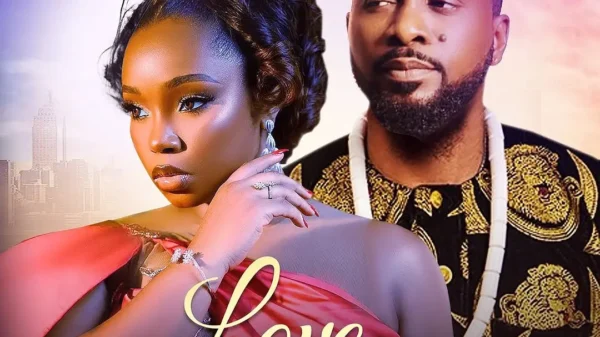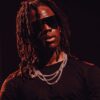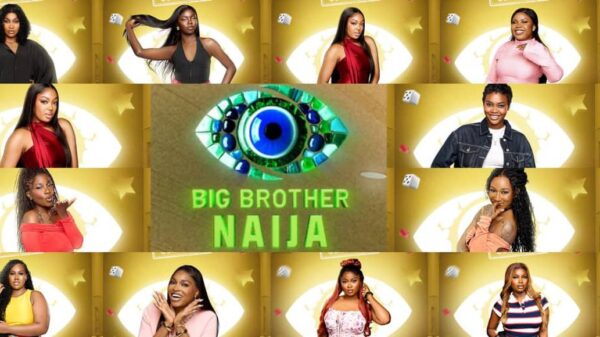Africa, with its vast cultural diversity and rich musical heritage, has been a driving force in shaping various popular music genres worldwide. From traditional sounds rooted in the continent’s history to modern-day chart-toppers, Africa’s music continues to evolve, influence, and captivate global audiences. Below is a look at some of the most popular music genres originating from Africa, along with the pioneering artists and key elements that define each genre.
1. Rap
African rap draws inspiration from African American hip-hop culture while incorporating local languages and traditional beats. Artists like Sarkodie (Ghana) and Nasty C (South Africa) have brought African rap to the global stage. With its unique lyrical flows and storytelling, African rap offers a fresh perspective, blending Western rap with African rhythms.
Sarkodie’s “Original” blends rapid-fire Twi lyrics with booming beats that resonate with audiences far beyond Ghana.
2. Hip Hop
African hip-hop has developed a distinct flavor, addressing socio-political themes and cultural identity. Cassper Nyovest (South Africa) and Khaligraph Jones (Kenya) are among the top artists. African hip-hop often incorporates regional instruments, adding a layer of authenticity that reflects the African experience.
Cassper Nyovest’s “Tito Mboweni” captures the essence of African success stories while paying homage to his country’s heroes.
3. Afrobeats
Afrobeats, a genre that blends jazz, funk, and traditional West African sounds, has gained massive international appeal, particularly thanks to Nigerian artists like Wizkid, Burna Boy, and Rema. The genre is characterized by its infectious rhythms, lively instrumentals, and an undeniable dance groove.
Wizkid’s “Essence”, featuring Tems, blends silky vocals with an Afrobeats rhythm, making it a global summer anthem.
4. R&B
African R&B takes its cues from Western rhythm and blues but infuses it with local storytelling and melodies. Artists like Diamond Platnumz (Tanzania) and Tiwa Savage (Nigeria) have brought African R&B into the limelight, blending local languages with smooth vocals and emotive instrumentation.
Tiwa Savage’s “All Over” delivers a perfect blend of Afrobeats and R&B, cementing her as one of Africa’s leading voices.
5. Electronic/Dance
Africa’s electronic music scene, especially Afro-house and Gqom, has grown exponentially. DJs like Black Coffee have been instrumental in popularizing these genres. Afro-house fuses traditional African beats with house music, while Gqom is a darker, more minimalist take on house music that originated in South Africa.
Black Coffee’s “We Dance Again” offers a smooth, soulful electronic track with African undertones.
6. Amapiano
Amapiano, South Africa’s newest sensation, is a genre that combines deep house, jazz, and kwaito. Kabza De Small and DJ Maphorisa are some of the genre’s most prominent figures. Amapiano’s laid-back grooves and jazzy piano elements have made it popular on social media platforms like TikTok.
Kabza De Small’s “Sponono”, featuring Burna Boy, brings a unique mix of Amapiano and Afrobeats, creating a cross-cultural hit.
7. Mbalax
Mbalax, originating from Senegal, blends traditional Senegalese rhythms with modern pop and jazz influences. Youssou N’Dour is the genre’s most famous pioneer, making Mbalax one of the most well-known African genres in the international music scene.
Youssou N’Dour’s “7 Seconds”, a collaboration with Neneh Cherry, blends Mbalax with pop, creating a timeless global hit.
8. Soukous
Soukous, often referred to as Congolese rumba, is an energetic, guitar-driven genre that hails from the Democratic Republic of Congo. Artists like Papa Wemba and Koffi Olomidé have brought Soukous to the world, with its fast-paced rhythms and intricate guitar work.
Koffi Olomidé’s “Loi” is a classic Soukous track, with its upbeat tempo and infectious guitar melodies.
9. JuJu
A key Nigerian genre, JuJu music relies heavily on Yoruba traditions and instruments like talking drums. King Sunny Adé is one of JuJu’s most notable artists, combining traditional sounds with modern influences.
King Sunny Adé’s “Synchro System” blends JuJu music with a global sound, earning him international acclaim.
10. Highlife
Highlife originated in Ghana and became a staple across West Africa. This genre blends jazz, brass instruments, and traditional Ghanaian rhythms. Pioneers like E.T. Mensah and Victor Olaiya helped bring Highlife to prominence.
E.T. Mensah’s “All For You” exemplifies the upbeat, jazzy nature of Highlife music.
11. Taarab
A fusion of Arabic, Indian, and Swahili influences, Taarab is popular along East Africa’s Swahili coast, particularly in Tanzania and Kenya. Bi Kidude and Malika are among the most renowned Taarab musicians.
Bi Kidude’s “Muhogo wa Jang’ombe” showcases the emotive storytelling and rich melodic structure of Taarab music.
12. Bongo Flava
Bongo Flava, originating from Tanzania, is a blend of hip-hop, reggae, and traditional Tanzanian sounds. Diamond Platnumz and Ali Kiba are some of the biggest names in the genre. Bongo Flava’s catchy rhythms and socially conscious lyrics have made it a hit across East Africa.
Diamond Platnumz’s “Jeje” is a perfect example of Bongo Flava’s mix of smooth melodies and danceable beats.
Africa’s Ever-Growing Influence on the Global Stage
The internet, social media, and digital platforms like YouTube and TikTok fuel the rapid growth of African music across the world. These tools have allowed African genres, once confined to specific regions, to spread across the globe. As the world becomes more interconnected, Africa’s music continues to captivate new audiences, with its sounds finding homes in everything from global festivals to social media trends.
With pioneering artists leading the way, and modern-day technology eliminating geographic boundaries, African music is set to keep rising, bringing with it a new wave of cultural influence on the global music industry.



